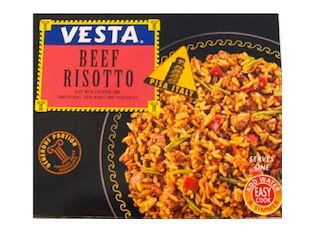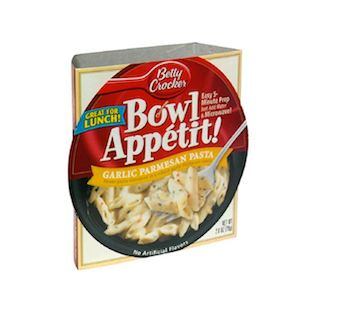The pasta is made in Germany, the 'Parmesanio' cheese in the UK, the ready meal is manufactured in France and the final product is bought and sold around the world. But the name on the packet sounds distinctly Italian - or does it?
The marketing of food and drink products that are labelled with Italian names or misleading Italian words, images, trademarks and recipes is "an odious and unfair commercial practice," according to MEP of the Socialist and Democrat party, Nicola Danti, who is calling for EU action to stamp it out.

“[It] affects not only Italian agricultural producers and the entire European agro-food sector, but also the credibility and trust in all the products sold in the European Internal Market,” he told FoodNavigator.
“This is a sensitive topic for the European know-how in these sectors that needs adequate attention at the European level; in fact, national solutions and enforcement authorities are not sufficient to tackle this problem in the EU."
Federalimentare: 'It's fraud'
According to Italian food industry federation, Federalimentare, 'Italian-sounding' is a form of food fraud – the other being the falsification of protected origin labels or corporate brands – and in a 2003 report it calculated the value of fake Italian names to be €18bn in the USA alone, but more recent figures cited by Danti suggest the phenomenon is costing Italian producers around €70bn a year.
The added value for food manufacturers is significant. The same Federalimentare report cites figures from independent economic research company, Nomisma, according to which Italian sounding products on the US market can fetch an average of 51.2% more than a standard food product. The price tags on genuine Italian products, for comparison, are an average of 95.1% higher (2003 figures).
It highlights the fact that Europe’s protected origin labels such as PDO and PGI are failing to curb the unfair trading practices, says Danti, who is calling on the European Commission to come up with a specific proposal to tackle the problem as a matter of urgency on the basis of the principles set out in the general directive Unfair Commercial Practices.
“In my opinion, the setup of an independent EU enforcement authority, empowered to conduct investigation ‘ex-officio’ when there is the risk or the possibility of such commercial fraud, could provide for an effective solution,” he said.
Not just an Italian affair

According to food law expert and managing director at Hylobates Consulting Luca Bucchini, Italian-sounding is not a new phenomenon - nor is it limited to Italy for that matter - and the repercussions affect society as a whole. “It has been a concern for the Italian industry and society at large [and] it affects all countries with traditional foods - for example Greece and Greek-style yoghurt that can be made anywhere.”
European food law stipulates that if a product such as Greek yoghurt is made in France the manufacturer is required to name the country of production because consumers would otherwise assume it was made in Greece, and according to article 6.1 of Directive 2005/29 - which states that misleading actions include confusion over geographical origin - the practice of using 'Italian-sounding' names is classified as an unfair commercial practice, said Bucchini.
But this level of protection is seen as insufficient, he added, and enforcement can be lax outside southern Europe. “The most obvious [example] is of course Parmesan cheese, which is not Parmigiano Reggiano, or cheeses named Gran which are not Grana Padano. These issues are rather easy to sort out in Italian courts that understand the issue - they are more difficult in, say, a UK or Danish court.”
What’s more, the situation could get even more confused with the Transatlantic Trade and Investment Partnership (TTIP), he warned, where protected origin designations have already proven to be a sticking point amongst negotiators. “General food law provisions apply even if your product is patented. There is controversy in the context of TTIP negotiations as in the US some firms have strong Italian-sounding names that conflict with protected designations.”
Italy has the highest number of protected origin labels for its food and drink than any other European country – 279 compared with 185 in Spain and only six in Denmark.
The European Commission department for Internal Markets, Industry, Entrepreneurship & SMEs could not respond in time for publication of this article.
